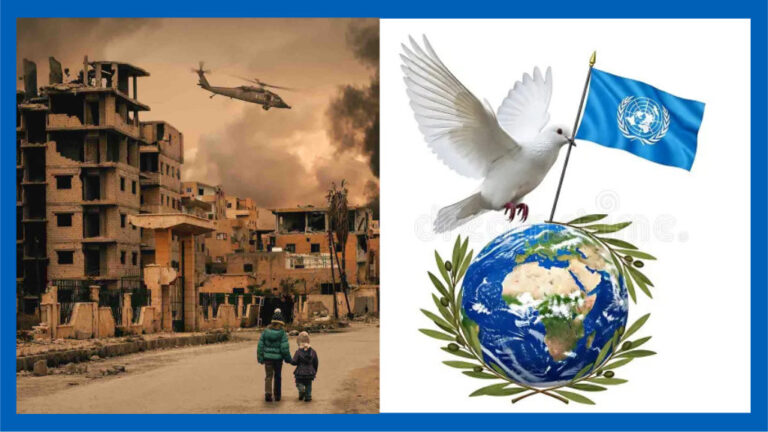
The Israel and Hamas War has thrown Gaza into a humanitarian catastrophe. Entire neighborhoods have been reduced to rubble, hospitals destroyed, and thousands of civilians — many of them children — have lost their lives. Global observers have described these acts as clear Gaza War Crimes. Yet, despite mounting evidence, Israel remains shielded from the sanctions and accountability that other nations face for similar or even lesser offenses.
This contradiction raises a critical question: Why is Israel treated differently, and what does it reveal about international law hypocrisy?
Justice or Politics?
While the United Nations has passed dozens of resolutions condemning Israel’s actions in Gaza, almost every attempt at sanctions is blocked — most often by the United States. The U.S. provides over $3.8 billion in annual military aid to Israel, making it a strategic ally too valuable to punish.
This suggests that sanctions are not about justice, but about politics. When powerful states protect their partners, international law becomes flexible.
The Geopolitics of Hypocrisy
The Gaza War Crimes bring into sharp relief the double standards of global justice. Russia’s invasion of Ukraine led to rapid and sweeping sanctions: banks frozen, oligarchs targeted, trade cut off. Yet in the Israel and Hamas War, where civilian deaths have reached staggering levels, the world hesitates.
This international law hypocrisy undermines trust in the so-called “rules-based order.” Many in the Global South see it as proof that justice is applied selectively: harsh for the weak, indulgent for the powerful.
Economic and Military Interests
Another layer of protection lies in money and military interests. Israel is not just an aid recipient; it is a global exporter of weapons, drones, and surveillance technologies. Western nations profit from this trade, making condemnation risky for their own economies.
When lives in Gaza are weighed against billions in trade, human rights consistently lose.
Media and Narrative Control
Media framing further shields Israel. In Western outlets, Gaza War Crimes are often softened under the language of “self-defense,” while Palestinian resistance is framed as “terrorism.” This narrative control not only shapes public perception but also makes it politically costly for leaders to challenge Israel.
Critics are often accused of antisemitism, even when their concerns focus on human rights violations.
Why Israel Remains Above International Law
The Israel and Hamas War has exposed glaring inconsistencies in how global courts operate. The International Criminal Court (ICC) swiftly indicts leaders in weaker nations but drags its feet when it comes to Israel. Investigations stall, and accountability is indefinitely delayed.
This international law hypocrisy reveals a world where justice bends to power — leaving Gaza without recourse and reinforcing Israel’s position above the law.
Conclusion: Selective Justice Has a Price
The Gaza War Crimes are not just a tragedy for Palestine; they are a test of global justice. The refusal to sanction Israel reveals a system where international law is political, selective, and deeply compromised.
For Gaza, the price is paid in lives lost. For the international community, the cost is credibility. Until accountability is applied equally, the Israel and Hamas War will remain a symbol of how international law serves power, not people.


